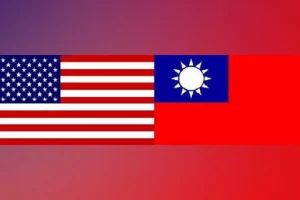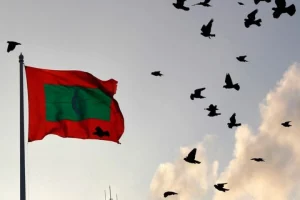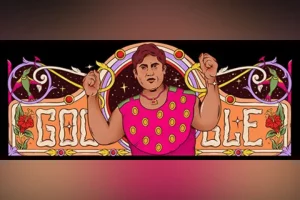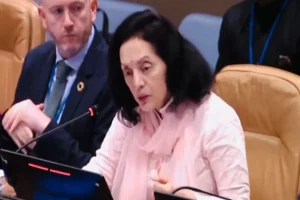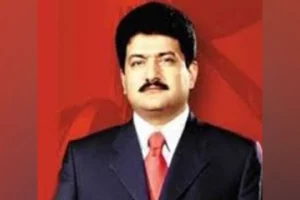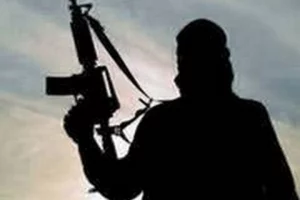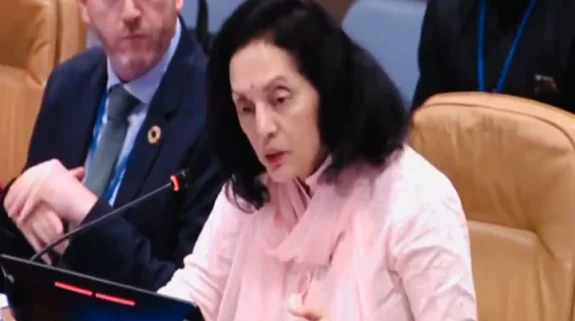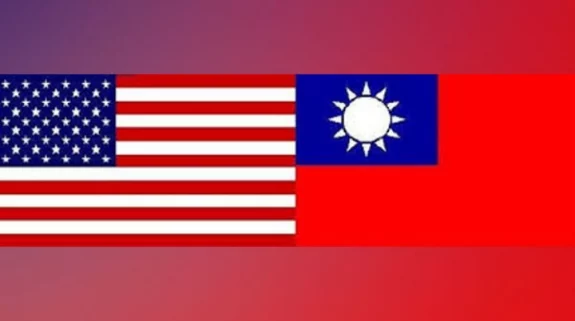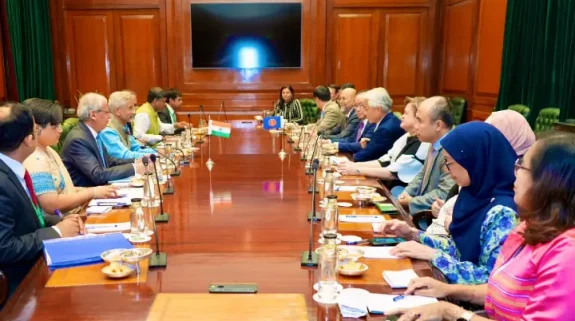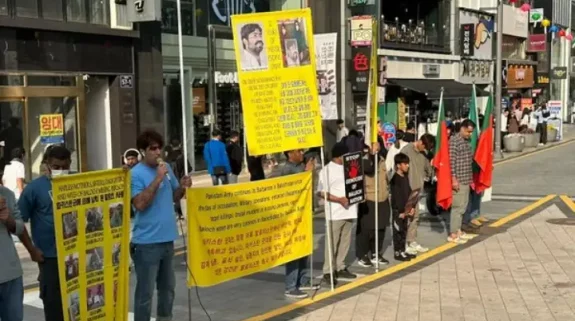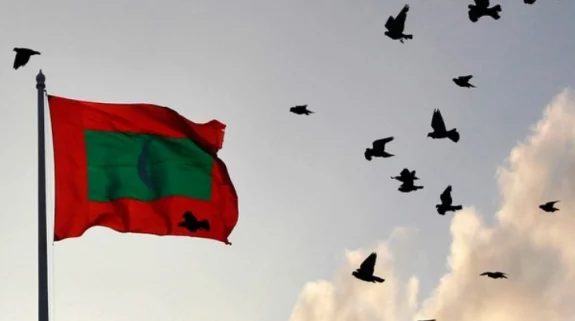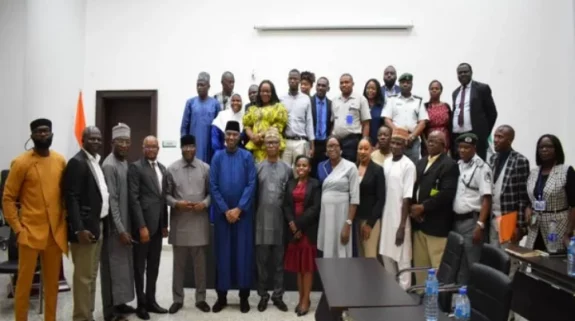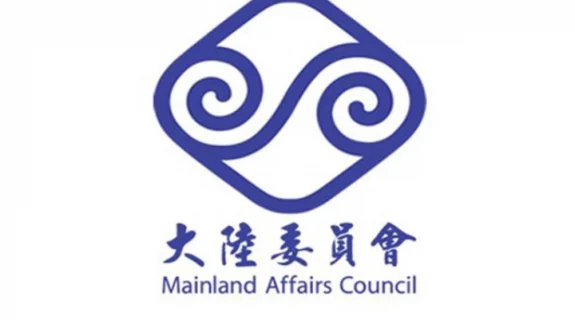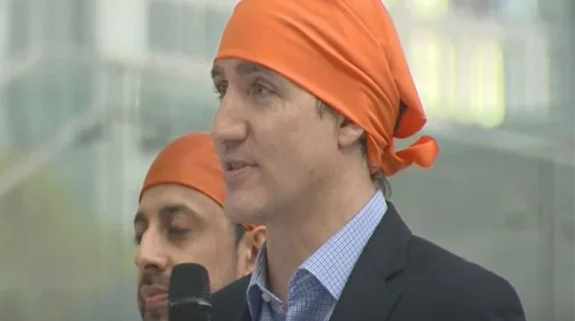Atul Aneja and Mahua Venkatesh
It was turning ugly—India’s superpower friend, the United States, appeared unbudging from its position of not supplying essential material to manufacture high volumes of Covishield—the workhorse vaccine against Covid-19.
The perception of Washington’s seeming obduracy was fuelling high pitched emotions, as the second wave of Covid-19, duly amplified by a frenzied media, was peaking in India.
While the unscripted and sorrowful drama was unfolding in the public domain, a lot was happening behind the scenes. In the end it worked out, on account of the tireless and combined efforts of National Security Adviser Ajit Doval and External Affairs Minister S. Jaishankar.
A dialogue with the US for vaccine feedstock had been continuing much before Adar Poonawalla, the face of Covishield vaccine, had fervently tweeted, appealing to the conscience of US President Joe Biden for the release of supplies that could save millions of lives.
There were at least four tracks of the dialogue which culminated in the US decision to dispatch precious cargo bound for Poonawalla’s labs in Pune. External Affairs Minister S. Jaishankar was deeply invested in talks with his US counterpart, Antony Blinken. A separate channel had been opened between Doval with Jake Sullivan, the US security tzar. Then there were technocrats of the scientific universe led by India’s Principal scientific advisor and co-chair of the Covid-19 vaccine task force, K Vijay Raghavan who were in play to discuss the technical details about the transfers, and much more.
Finally, the Indian-Americans in the US power establishments were playing their part to turn the American decision makers in India’s favour.
“It was not as if the US did not want to send the supply. The problem was of domestic perception management. How to ‘sell’ to the American people who had been mauled by the virus earlier that help to India was not going be at their cost,” an insider told India Narrative.
Nevertheless, after the US state department spokesperson Ned Price said last week that "…the United States first and foremost is engaged in an ambitious and effective and, so far, successful effort to vaccinate the American people, " the situation began to turn ugly. In the corridors of power in New Delhi, there was talk of “consequences” if Washington ditched New Delhi during its hour of need.
During the parleys, Indian officials constantly reminded their US counterparts that New Delhi had held Washington’s hand when it was needed most—when the US was reeling under the full impact of the first covid wave, and corpses in American cities were being buried in unmarked graves.
Since the Covid-19 pandemic started last year, India had supplied Hydroxychloroquine (HCQ) tablets to the US and Europe with the total number of countries touching 150. India sent 65 million vaccine doses to 93 countries in Asia, Latin America and Africa apart from UK.
Also read: US, UAE and Saudi Arabia back India in war on Covid-19
The first clear indication that things were falling into place came when US President Joe Biden tweeted that the United States will stand by India, just as the latter had stood with Washington during the first wave of Covid-19
The message that it was payback time appeared to have gone home when Emily Horne, US national security council spokesperson announced that, “Just as India sent assistance to the US as our hospitals were strained early in the pandemic, the US is determined to help India in its time of need.”
The Indian American community also appeared to have played its part, though it cannot be said with any certainty that Indian lobbying power in Washington, like that of the Israeli lobby, has become decisive in weighing on the minds of American decision makers.
Nonetheless, several Indian Americans took to social media sites to build pressure too.
“We need to release our stockpile of unused AstraZeneca vaccines now. In India alone, almost 350,000 Covid-19 cases were reported today. When people in India and elsewhere desperately need help, we can’t let vaccines sit in a warehouse, we need to get them where they’ll save lives,” Indian-American Congressman Raja Krishnamoorthi said in a tweet. He was echoing the sentiments of a vast multitude of Indian Americans who had been gutted by scenes of tragedy that were unfolding in the country they had left long ago.







